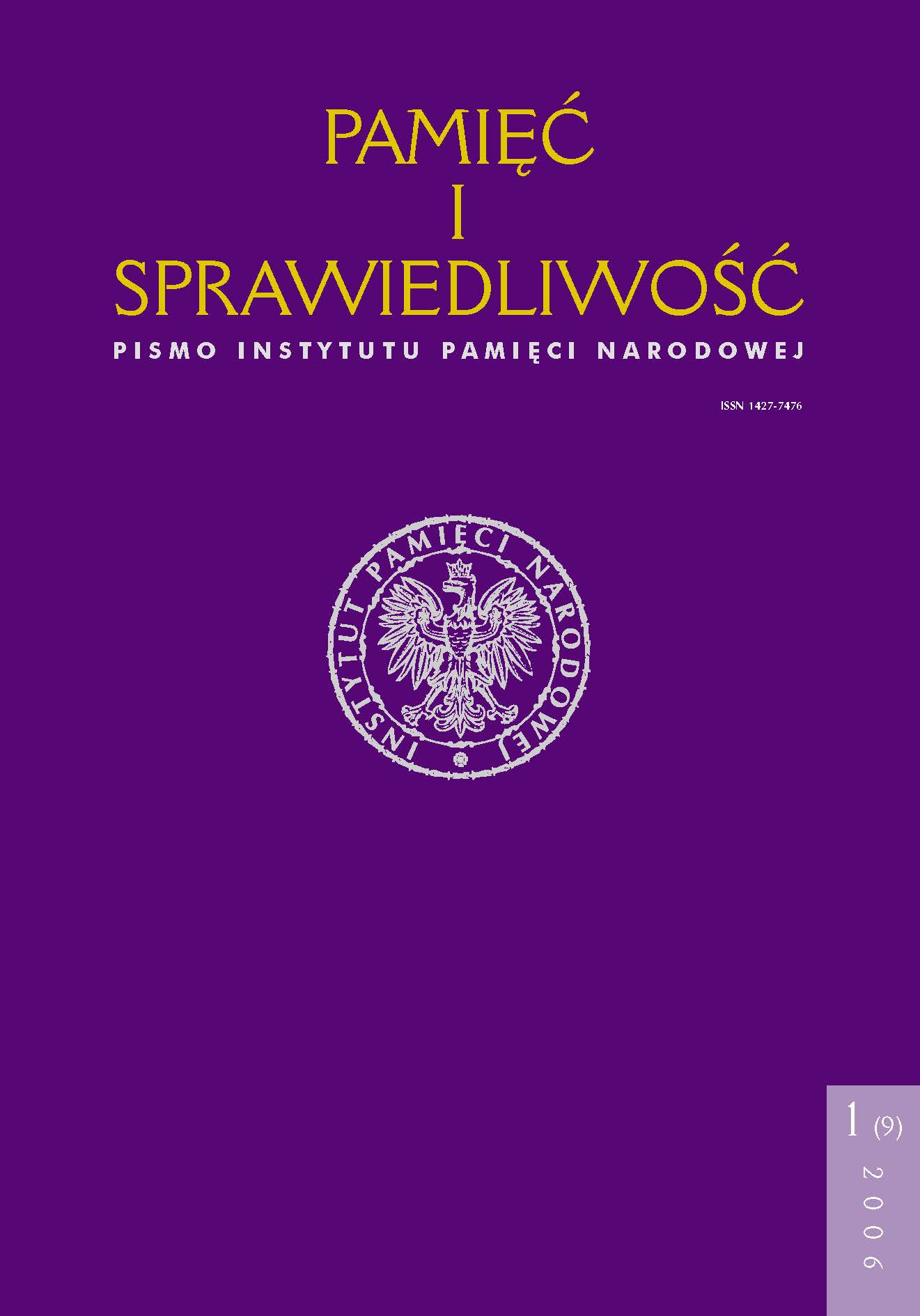Węgry i Węgrzy a kryzys polski 1980–1982
Pamięć i Sprawiedliwość, Том 9 № 1 (2006), pages: 93-116
Publication date: 2006-06-30
Аннотация
The beginning of the 1980–82 crisis in Poland reached Hungary in a time when the so-called Kádár-regime just got over the peak of its power and at the same time a process of decline – lasting for almost 10 years and finally leading to the downfall of the regime – got under way.
The Hungarian party leadership developed a unique attitude towards the Polish crisis as compared to the other countries of the Communist bloc. The “1956-reflexes” were working in the different ways. On the one hand, the leaders believed that it was possible to avoid even the possibility of following the Polish example in the Hungarian society, that
is, the formation of a Hungarian “Solidarity Trade Union”, therefore they started a shrill anti-Polish campaign in time. On the other hand, the Hungarian party leadership took the view that the crisis had to be solved by the Polish communist party, preferably with political means, and they did not make the situation of the Polish leaders even more difficult
by criticizing their steps. On the contrary, the other socialist countries – with the exception of Romania – demanded a violent solution from Warsaw. János Kádár – who came to power with the backing of Moscow, by quelling the Hungarian Revolution in 1956 – found the military solution possible only in the case that the possibility of a peaceful solution would have been unfeasible or if the communist system itself would have been endangered. However, he suggested that the violent solution of the crisis should be done with the internal forces: with the state security forces, the military and the police. He could imagine a Soviet intervention only in the worst case, but even in this case the Polish Communists should have carried out“consolidation”.
The members of the Polish party leadership looked at Hungary as an example to be followed and they wanted to transplant the political successes of Kádár into Poland. Kádár was undoubtedly highly respected in Poland and the Polish United Workers’ Party attempted to make use of the political capital attached to his name. It is not by accident that right after December 13th, 1981, General Wojciech Jaruzelski asked for and received detailed information about the “consolidation” made by the Hungarian Socialist Workers’ Party after November 4th, 1956, and the Polish leaders continued attempting to transplant the political achievements of Kádár into Poland later as well.
 Język Polski
Język Polski
 English
English
 Deutsch
Deutsch
 Français (France)
Français (France)
 Italiano
Italiano
 Русский
Русский


 PDF (Język Polski)
PDF (Język Polski)
